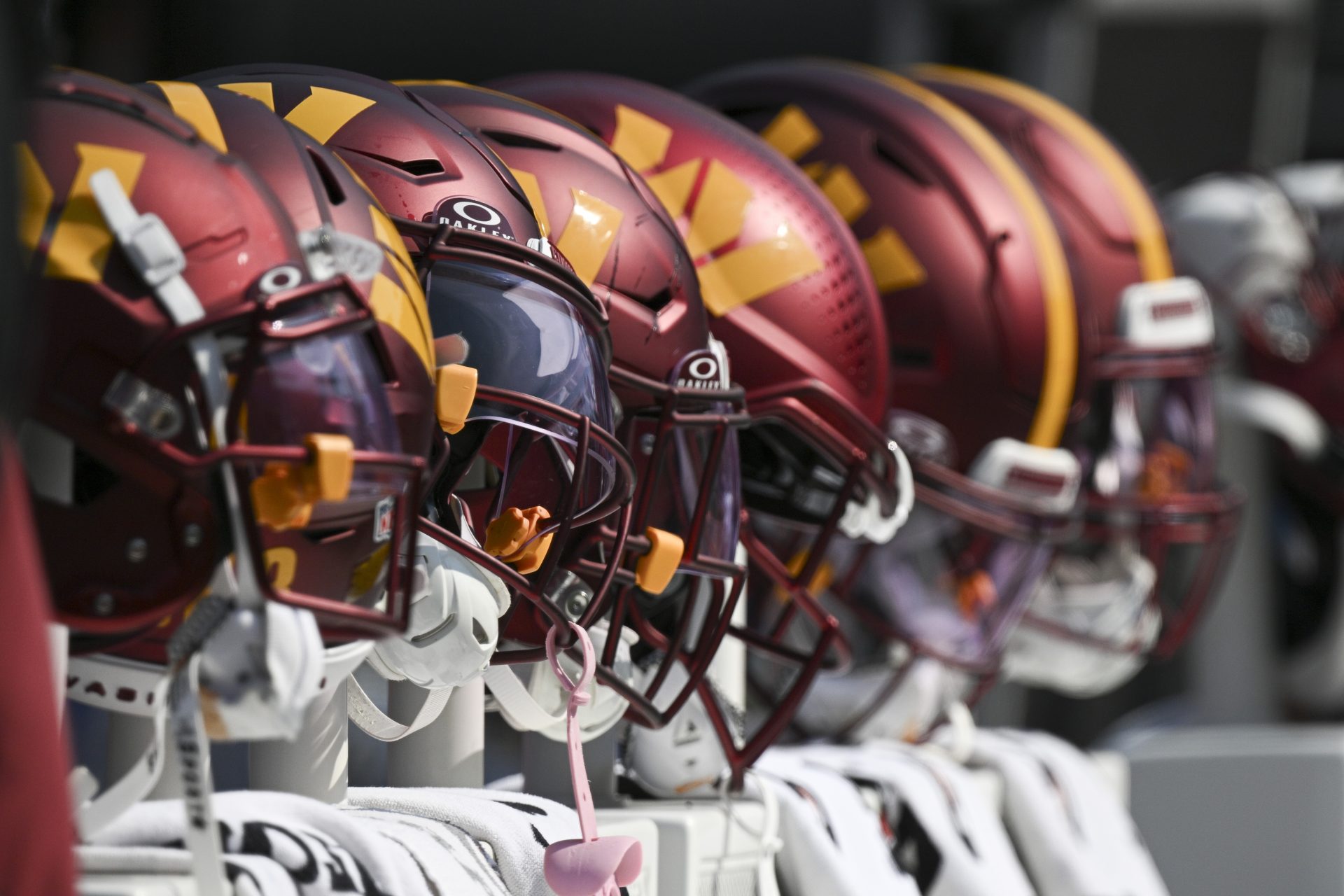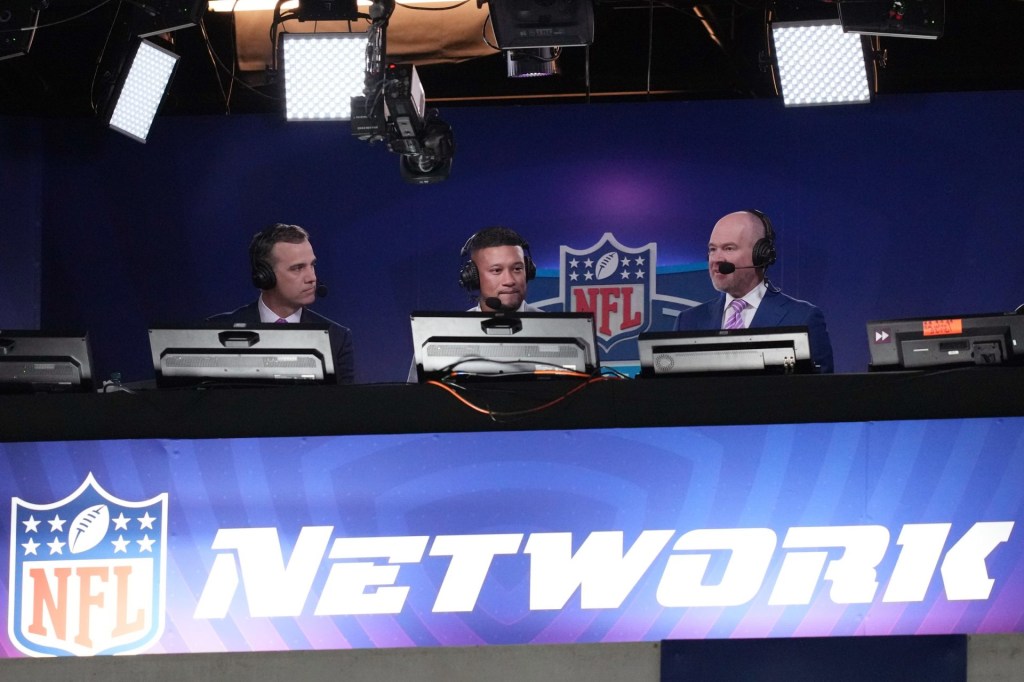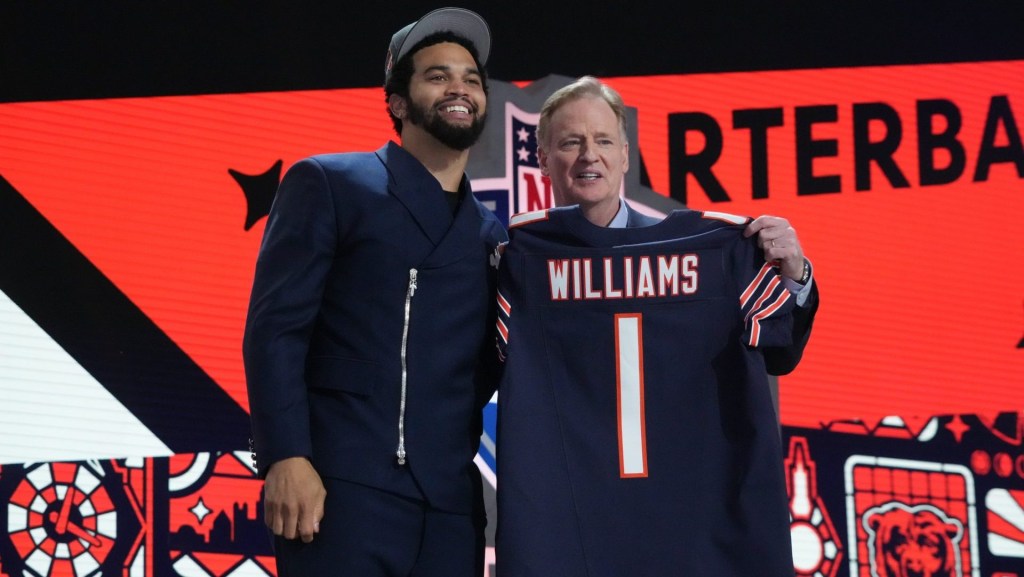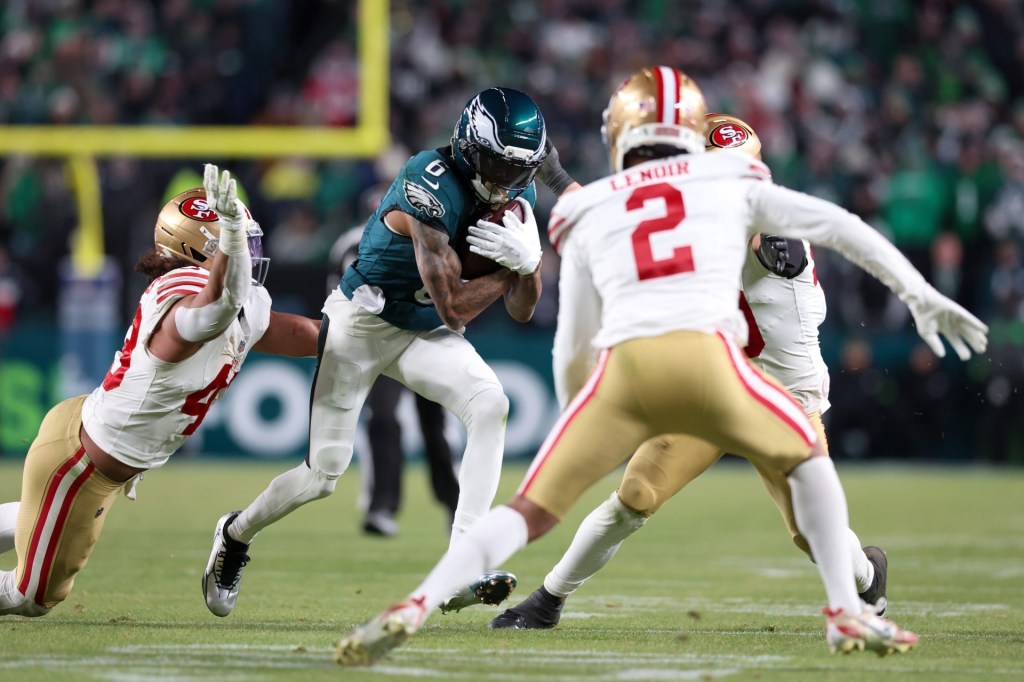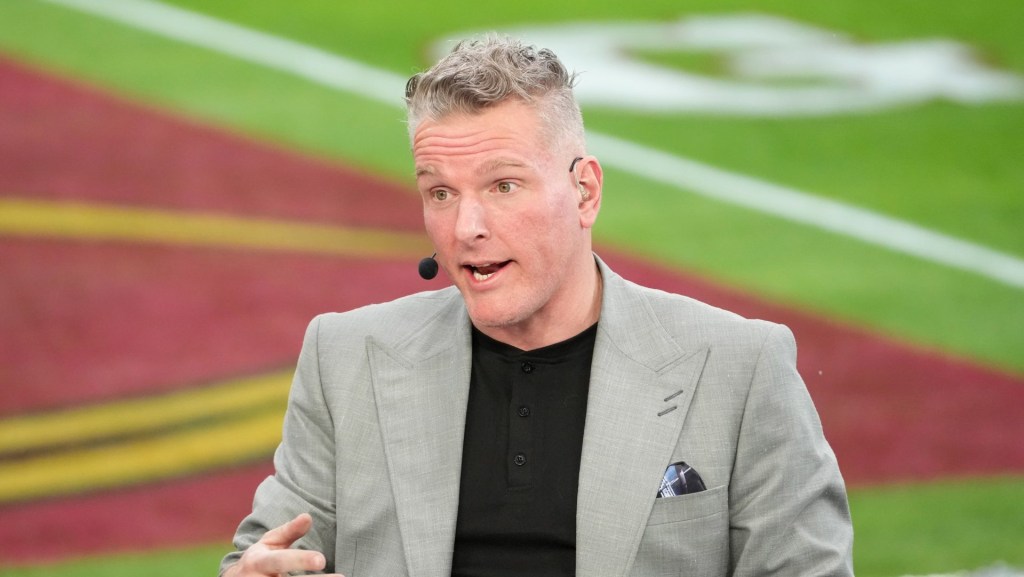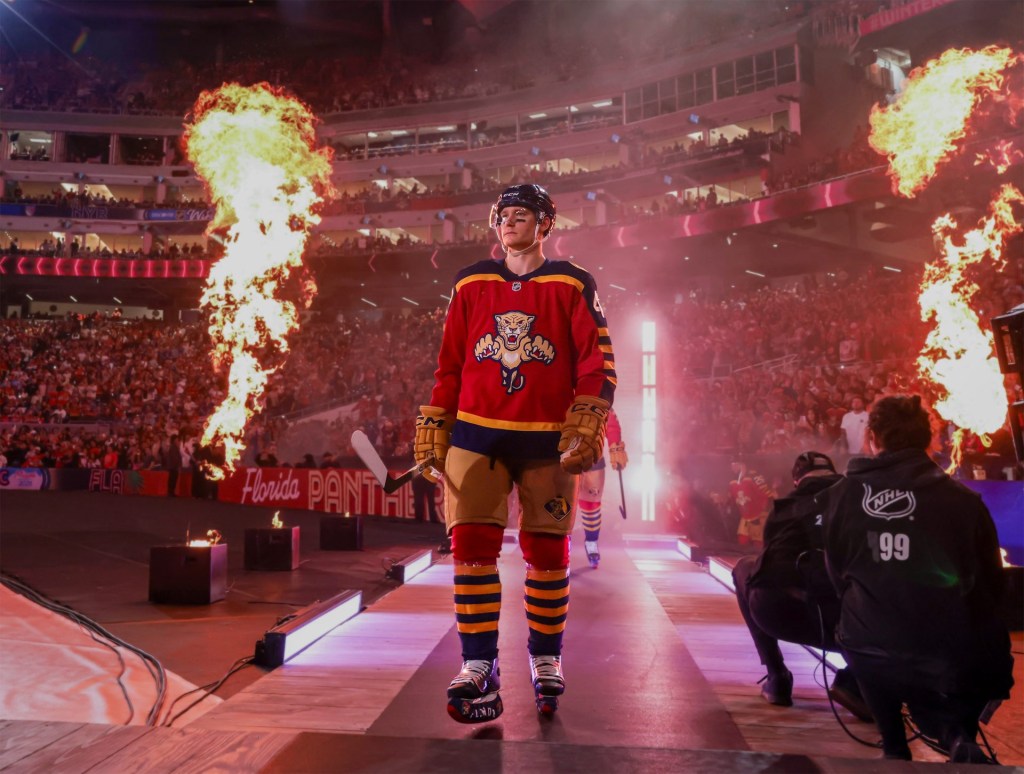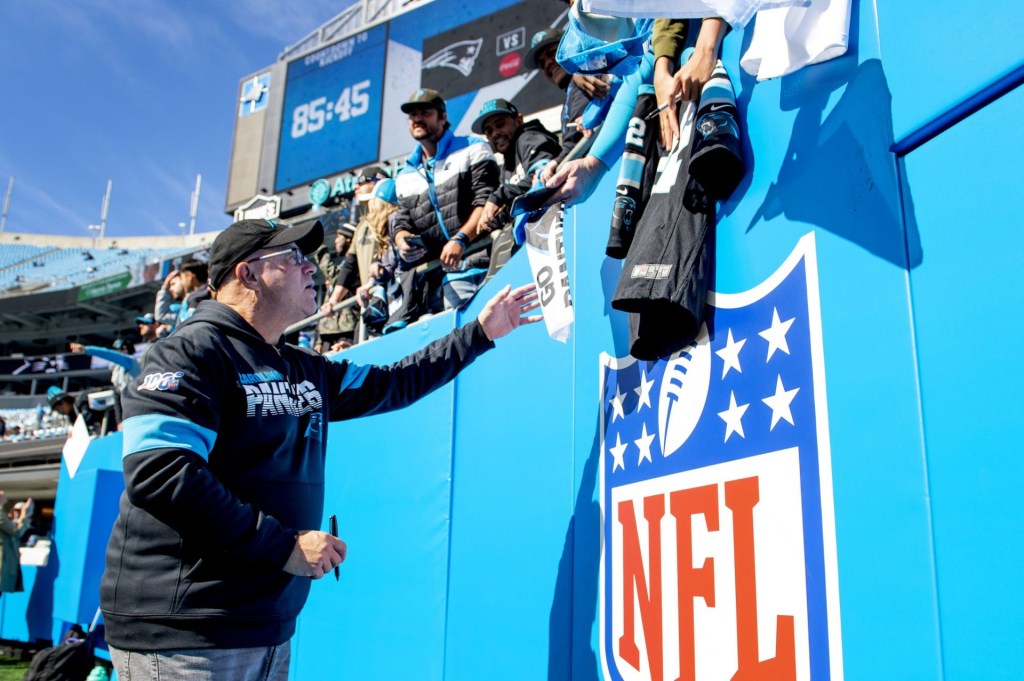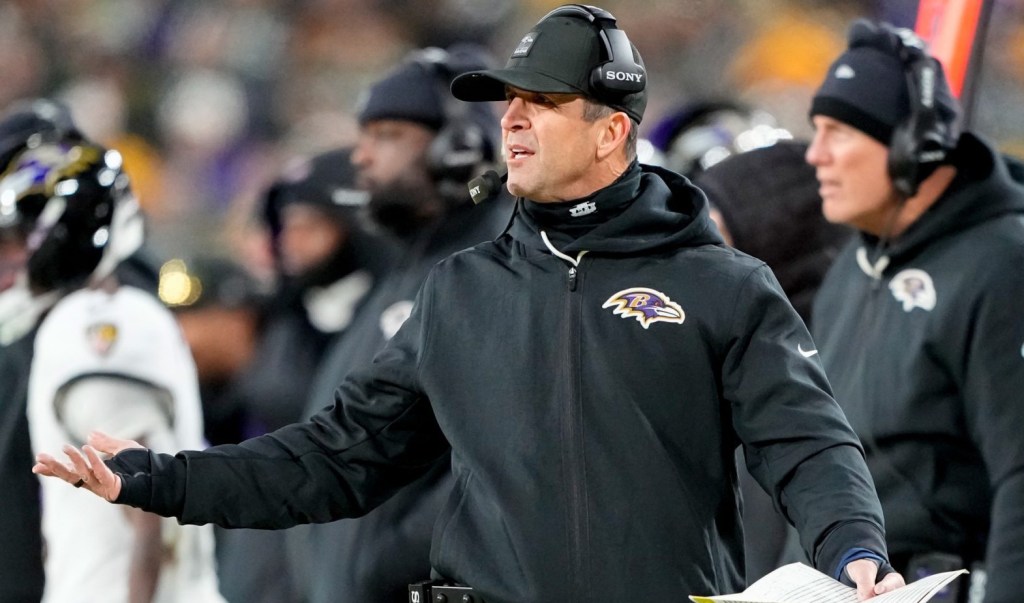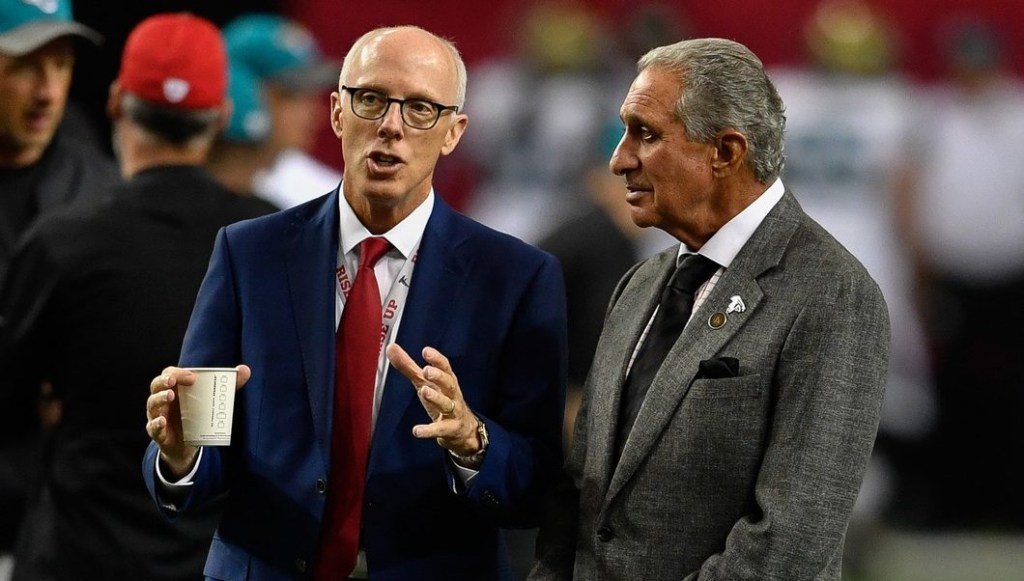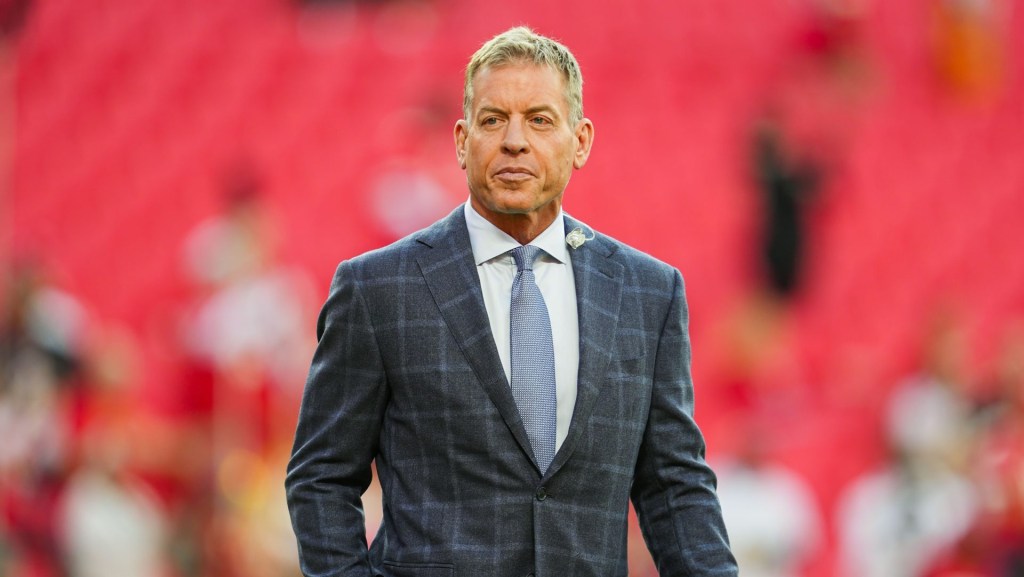U.S. President Donald Trump doesn’t have the extent of power over the Commanders’ proposed $3.8 billion stadium deal with the District of Columbia that he thinks he does.
Trump made significant waves Sunday, again demanding the Commanders revert to their prior name and threatening to “put a restriction on them” if they don’t do so. While the office of the president and Trump’s outspoken nature certainly carry the power of bully pulpit, his legislative pathways to interfere with the potential stadium deal at the site of RFK Stadium are generally limited, particularly as it is now essentially a local issue.
Among the avenues potentially at his disposal:
- Revising the D.C. budget: This would be the primary means for Trump to get involved. In the complex nature of D.C. local governance and existing Home Rule provisions, local residents elect a mayor and council members, but the budget remains subject to congressional oversight. The situation historically has been the subject of political friction, with federal officials who do not represent D.C. often exerting outsized control over another set of constituents. To that end, the current proposed D.C. budget includes a series of cuts championed by Republicans in the House of Representatives. In this situation, one potential countermove would be to delay public disbursements for the stadium project until after next year’s midterm elections, when Democrats are expected to regain control of the House.
- Rescinding the transfer of control of the RFK Stadium property: The deal between the Commanders and D.C. happened only after the federal government ceded control of the land where the team previously played. There is a reversion provision in the act, should D.C. fail to redevelop the stadium property. That provision, however, requires Interior Secretary Doug Burgum to provide written notice to D.C. officials and give them 90 days to correct the stated areas of non-compliance.
- Developing another bill to undo the prior RFK one: Another option would be to pass another bill undoing the transfer of the RFK property, which could prompt legal challenges. Such a move would also pass back through the House Committee for Oversight and Government Reform, which championed the original legislation—so much so that committee chair Rep. James Comer (R., Ky.) wrote the D.C. Council last week to demand a vote on the stadium deal before a scheduled August recess.
- Lobbying individual D.C. Council members: As the stadium bill still holds uncertain support within the D.C. Council, a more conventional political path would be for Trump and his allies to lobby individual members and push for a vote to defeat the measure. There are no Republicans, however, on the council, which is made up of 11 Democrats and two Independents.
- Leveraging regulatory oversight: Trump has supporters on the National Capital Planning Commission and the Commission of Fine Arts, two bodies that would have oversight roles in the stadium project, particularly around design. Those bodies, however, would not enter the situation until after the council.
- Undoing D.C. Home Rule entirely: This would be the most radical option, but one that’s already been proposed. Amid longstanding friction between Trump and D.C. Mayor Muriel Bowser, two Trump allies in February proposed the Bringing Oversight to Washington and Safety to Every Resident (BOWSER) ACT, undoing much of the existing Home Rule provisions. That legislation, however, has not moved out of committee in either the House or the Senate.
Trump, who in 2013 criticized then–U.S. President Barack Obama for pushing the team to change its name, historically has shown little regard for established legislative norms. He also feels a greater ability to unilaterally shape matters after situations like the one with CBS Sports parent Paramount Global, which recently agreed to a $16 million legal settlement with the president, despite claims from Trump widely deemed to be specious.
Sports team name changes, meanwhile, are typically lengthy, cumbersome, and costly processes. Ones for the Commanders and Guardians each happened only after years of consideration, lobbying from multiple groups, cooperation from league officials, and millions of dollars spent. In the meantime, the council has scheduled two days of hearings next week related to the stadium proposal.
“I am focused on getting the best deal for District taxpayers and getting the deal across the finish line,” said council chair Phil Mendelson in response to a Front Office Sports inquiry. “I have heard from no—zero—District residents complaining about the name change [to Commanders] or saying this is an issue in connection with the stadium.”
Bowser, meanwhile, said Monday she would not withdraw support for the new stadium should the Commanders’ former name return.
